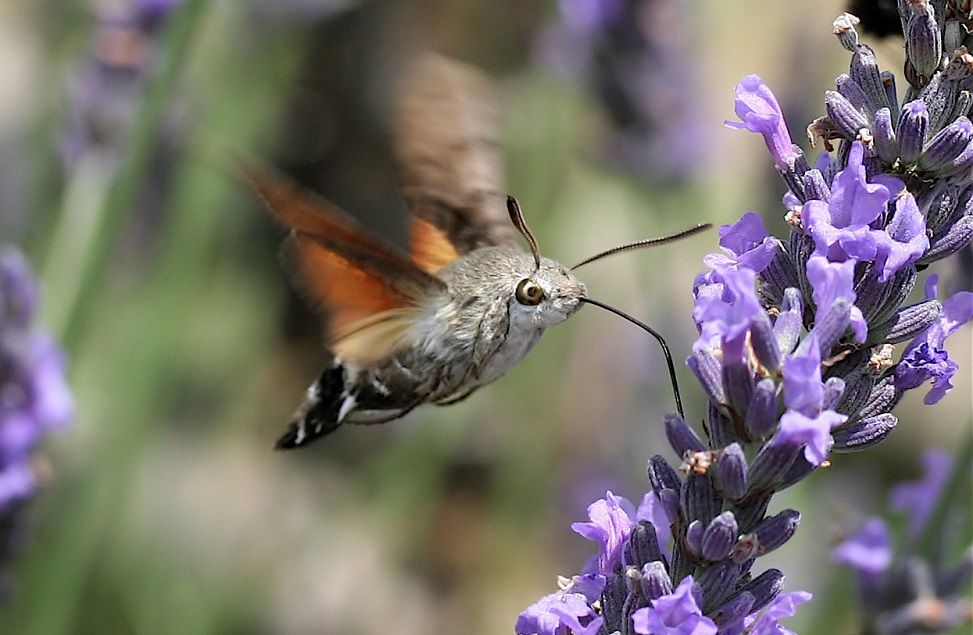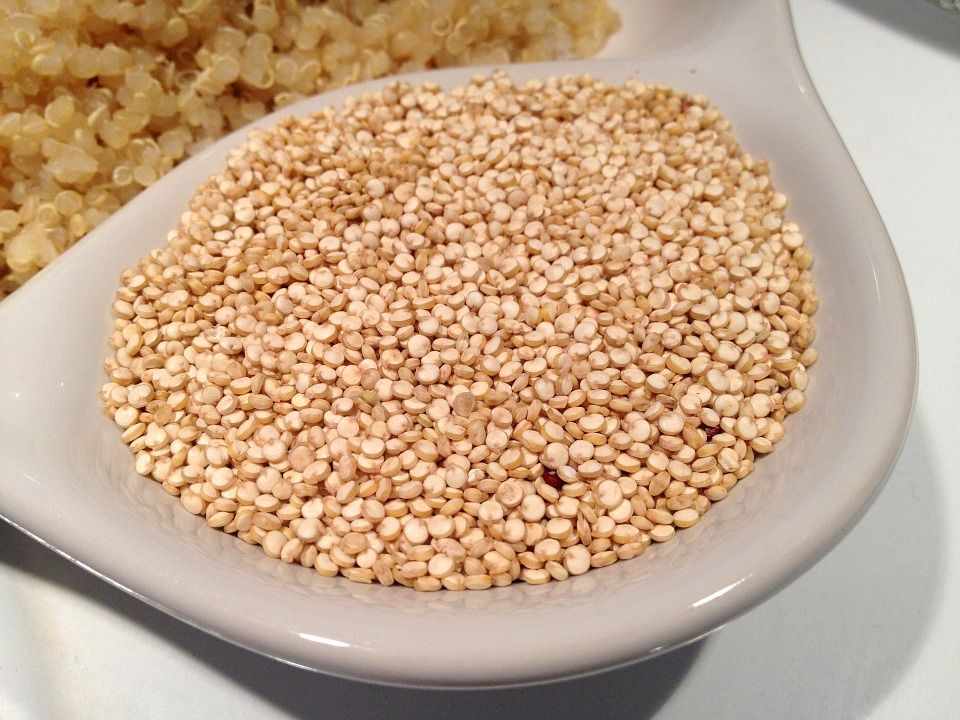While thousands of farmers across Denmark continue to struggle to eke out an existence during the unseasonably roasting summer, there are those who are benefiting from the stifling heat.
Some 19 farmers on Lolland and Falster who have recently started growing quinoa have reported the sturdy crop seems to be coping well, even during the drought-like conditions Denmark has endured this summer.
“Right now, it’s looking really good. The drought hasn’t had a considerable impact on the quinoa. Everything else has been hit terribly by the drought,” Søren Jespersen, one of the quinoa farmers, told DR Nyheder.
READ MORE: Hipster fad food’s journey from the mountains of Bolivia to the flatlands of Denmark
A robust crop
Jespersen’s other crops – including grass seed, barley, wheat, beetroot and rapeseed – are all struggling.
Quinoa of the amaranth family of plants was originally cultivated in the Andes Mountains in South American, and it is known for being particularly robust.
However, one of its weaknesses is its inability to handle any kind of chemicals whatsoever, while a combination of hard wind and lots of rain can also be its undoing.
Not a hummingbird
It’s not just quinoa that is thriving in the Danish heat. Apparently, the massive hummingbird moth also seems to have taken a liking to the hot weather.
Experts estimate there might be as many as 200,000 hummingbird moths fluttering about Denmark at the moment.
The moth, which gets its name because of its uncanny resemblance to the hummingbird, is usually found on the American continent, but can cross the Atlantic into southern Europe.
Nature authorities nationwide have received calls from hundreds of Danes reporting they’ve seen a hummingbird in their garden, but that’s not the case.
“We have to admit that the moth looks just like a hummingbird sitting on garden plants and sucking nectar, but it’s actually a guest from southern Europe that is enjoying the Danish summer heat,” Morten Hansen, a curator and nature guide with the Natural History Museum in Aarhus, told DR Nyheder.














